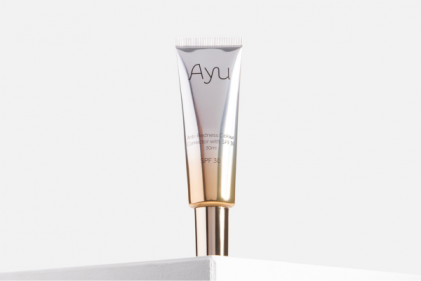Both amniocentesis and CVS increase the risk of miscarriage. About one in every 100 women miscarry as a direct result of amniocentesis as compared with about two in every 100 after CVS, but under a skilled and experienced provider the numbers may be less.
It’s not always possible to know if a miscarriage would have happened regardless of the procedure or if it occurred as a direct result if it. There seems to be no difference in terms of miscarriage risk between the trans-vaginal and trans-abdominal CVS techniques. In the past, there had been some concern about limb defects being caused by CVS. These complications only appeared when the procedure was done before ten to twelve weeks. It has since been discovered that these problems are extremely rare and may not be connected to CVS.
Most units today will only carry out CVS after 10-12 weeks because of this possible risk.
If you have HIV, hepatitis B or hepatitis C, there is an increased risk of transmission of the virus to your baby during the CVS procedure. For this reason, it is not recommended, but if you still want to proceed you will require HAART (highly active anti-retroviral therapy) treatment during the procedure to reduce the risk of transmission of the virus to the baby.
Ask your caregiver about their statistics in advance of any procedure so that you have peace of mind that the best and most highly skilled care-giver is doing the procedure.











